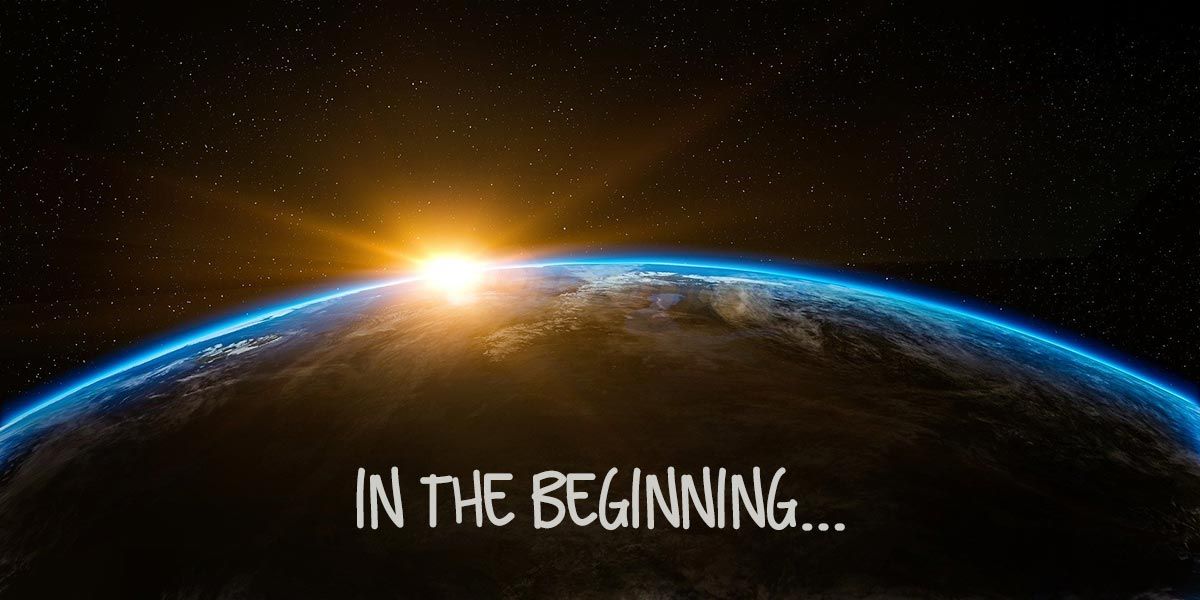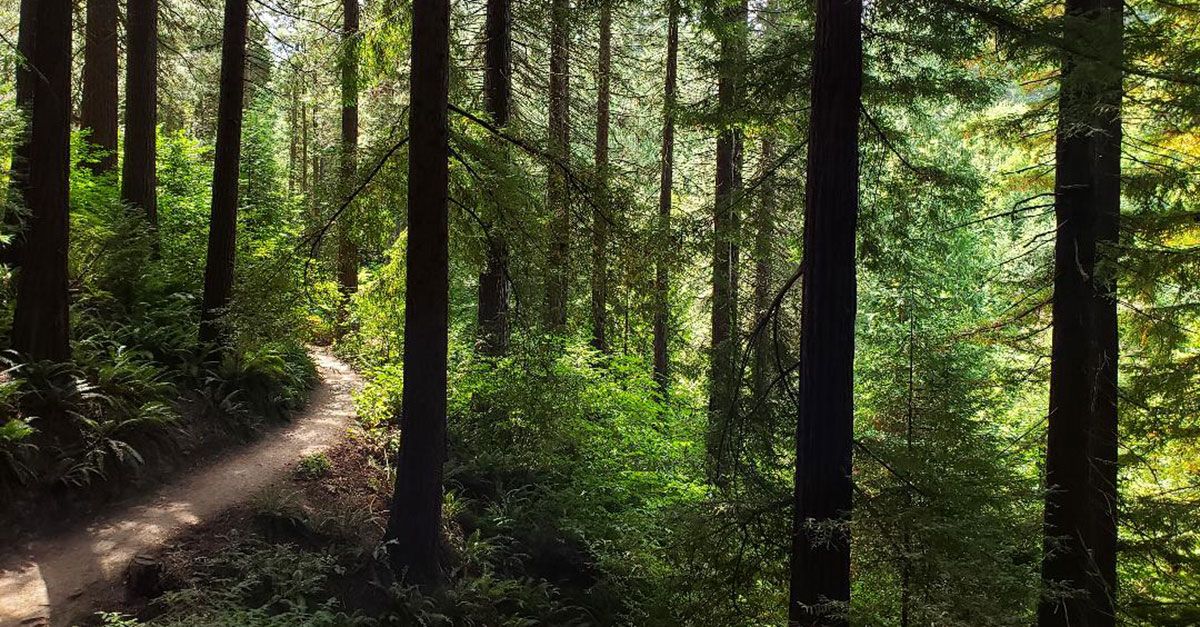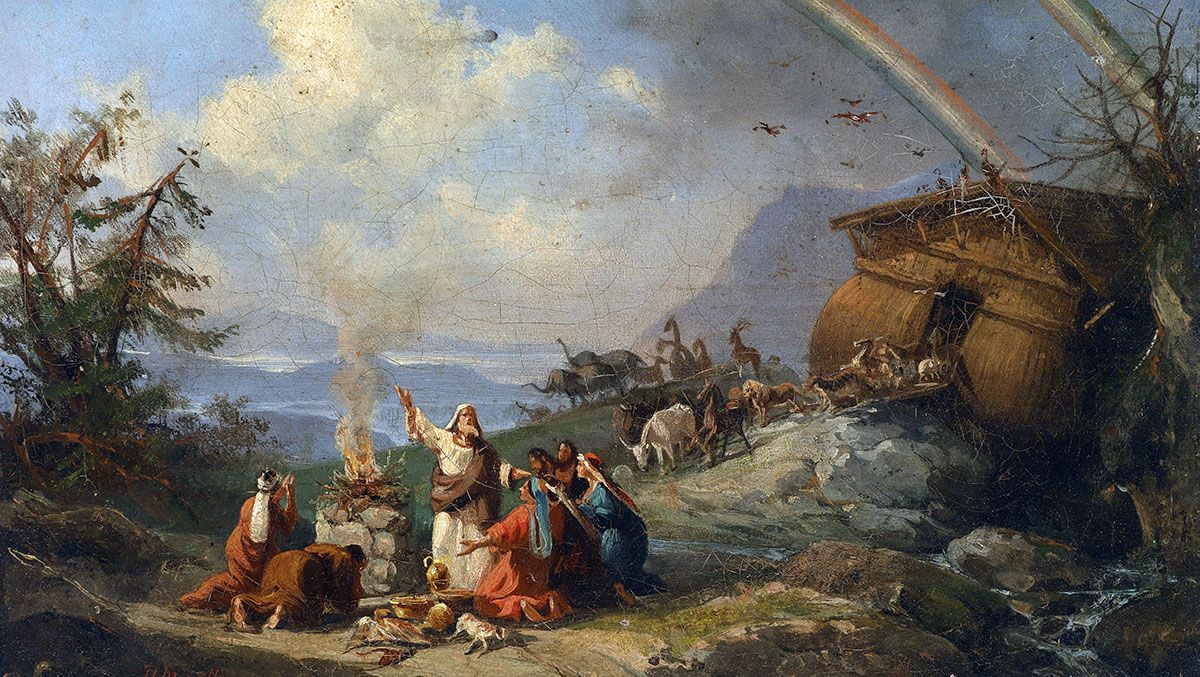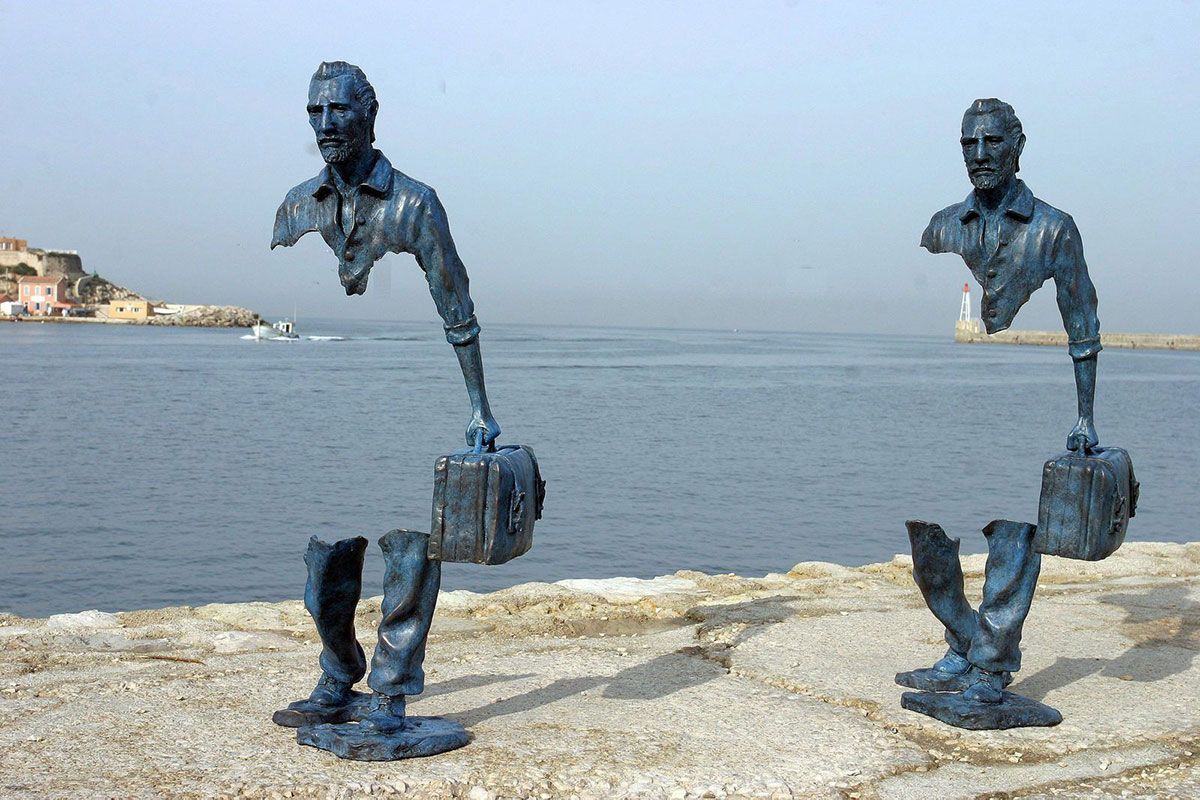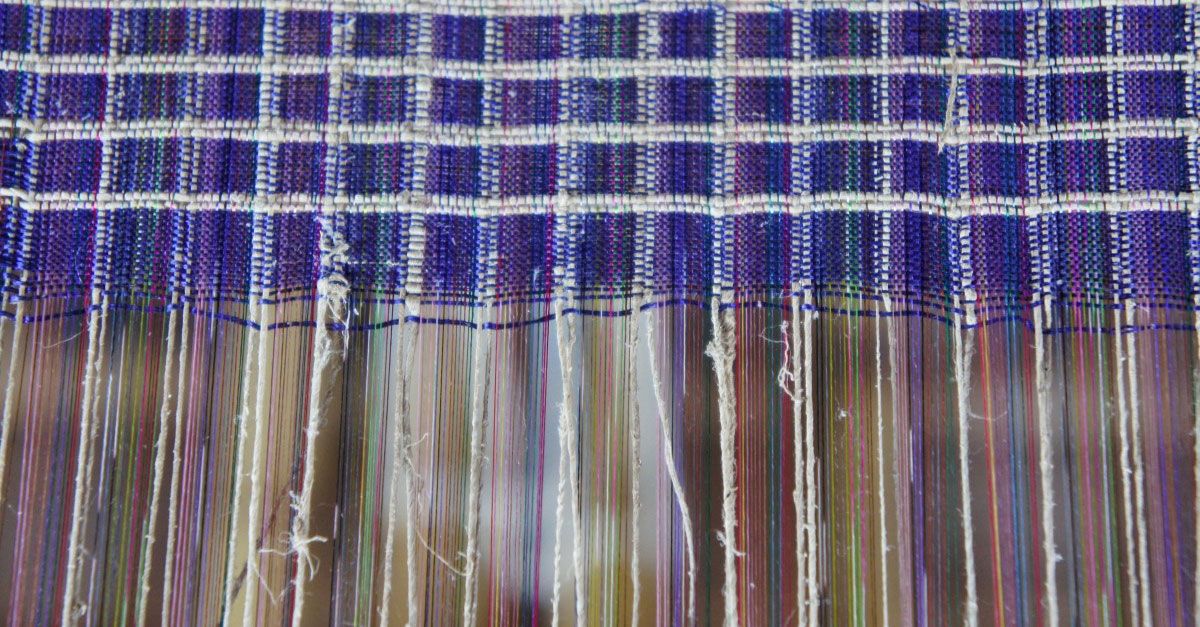The Close of a Year of Collapse and CrossOver
CrossOver reflection for Week 52 • Beginning December 1, 2019
We Make the Road by Walking, Chapter 13
Bishop Elaine JW Stanovsky
Long ago and far away, my walk with Jesus took me to Russia, just as the Soviet Union broke up in the early 1990s. Russia was crossing over in 1992 from the secularism, suppression and social control of the Soviet Union. Churches, whose property had been seized and had operated largely underground for 75 years – Orthodox, Catholic, Baptist, Lutheran, Methodist – were all emerging, from the long winter of repression and confinement.
- Imagine crossing through security at a prison furniture factory in St. Petersburg, Russia. Your guide is a Russian Orthodox priest, in long black robes, newly recognized as chaplain to the prison. He has convinced prison administrators to allow Christian prisoners to produce small icons of the faith instead of furniture to sell to fund the prison. In a small upper room, it is like a tiny workshop of believers. Those believer prisoners lead you to a far corner of the prison to show you the chapel with a shiny copper onion dome they are building in their free time.
- Sit with the Admiral of the Russian Fleet, in the ornate Russian Admiralty, as a U.S. Navy Chaplain tells how he gives spiritual care to sailors and they discuss what military chaplaincy might look like in a post-Soviet Russia.
- Now walk to a sagging two-story brick building, held upright only with the help of salvaged railroad rails driven crudely through exterior walls to provide cross bracing. Older women love and tend shunned teenaged girls, who are learning to love and tend their babies. They sew dolls that they sell to support their children in an honorable way.

- Visit the women’s ward of a stone-cold, drafty 150-year old prison hospital, where a post-operative woman climbs a rattly ladder unaided to her upper bunk every time she has her bandages changed or uses the bathroom.
- Notice as one of your traveling companions, a substance abuse counselor, sneaks away from our church hosts to meet surreptitiously with underground advocates for treatment of alcohol and drug dependency in a country that brands alcoholics criminal.
It took the collapse of the Soviet Union for churches in Russia to have the freedom to step outside the tight restrictions on freedom of religion to re-engage in the fabric of community life and to bring the life-giving good news of Jesus Christ to people and a nation who had sat so long in darkness. In 1992 the Christian faith felt fresh and robust, shiny and new. Everything seemed possible. It was a CrossOver season, with plenty of uncertainty, but an irresistible tug toward living faith with every breath, every word, every human encounter.
From Russia with Love
Could we learn from the Churches in Russia? What if The United Methodist Church woke up to discover that our buildings were gone, our websites and Facebook pages shut down, and bank accounts were closed? What would be left of the Church? What difference would it make to the woman in her bunk? A hopeless sailor in the Navy? An alcoholic trapped in his addiction? What would the church be, without all of its institutional forms, habits, schedules?
What if we viewed this season of breakdown or break-up in The United Methodist Church as offering a rare opportunity to think anew and afresh about what the church is for, and how it can best share the blessings of God with the world?
Crossing Over as a Way of Life
Thank you, for reading, praying, discussing, pondering, imagining new ways to be lovers of God, neighbor, and self.
A year ago I invited you to join me on a year-long CrossOver journey to become “Alive in the adventure of Jesus.” In small groups or alone, for the whole year, or just for a season, many of you read wondered with Brian McLaren in his book, We Make the Road by Walking. A remarkable number of you wrote brilliant, touching, wise blog posts for each chapter of the book. We asked ourselves, how do we understand the Bible? What was Jesus up to? What does it mean for the Church to be Christ’s living presence on earth? How must I live to serve?
Here we are a year later – at the end of our book – realizing that we have not reached the other side. Yet, we are not stalled. We are making the road by walking and we are stronger and bolder as we continue the adventure of Jesus. What I know more clearly now than I did a year ago is that most United Methodists in the Greater Northwest are firmly committed to the full inclusion of LGBTQ+ people in the life of the Church, but that a significant minority understands the Bible to prohibit full inclusion.
So, what’s next? Though we may not all think alike, may we not love alike?
I don’t know today if The United Methodist Church will stay together as a world-wide connection, if it will split into two or three separate incompatible entities, or if some “amicable separation” will be negotiated between parties that do not choose to live together anymore. What I think I do know is that God is using this time of uncertainty to invite us to deeper connections with each other. And that deepening our connections with each other will make it easier to walk the way that will unfold before us without hurting each other.
I am working with a team of leaders from across the Greater Northwest to offer a season of deeper, broader, authentic relationships across the divisions among us from January through May of 2020. John Wesley saw the church as a great life-giving connection. For Wesley, connection was personal, relational. I’m calling for growing a new, personal, gracious Grassroots Connections among church participants, between our churches, and between people inside and outside our churches. This is where Jesus shows up — when we are in relationship. Watch for more.
With a thankful heart,

Bishop Elaine JW Stanovsky | Greater NW Area

